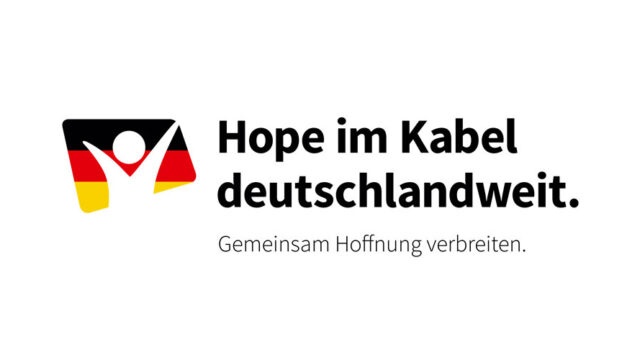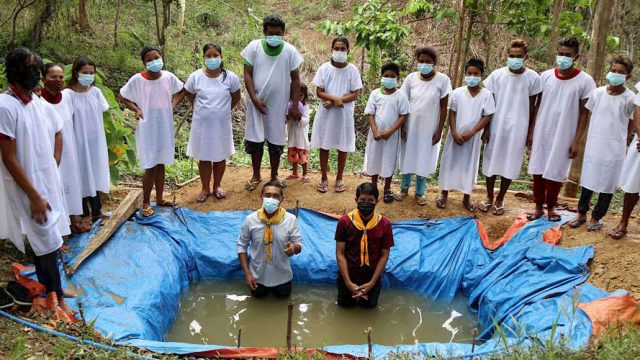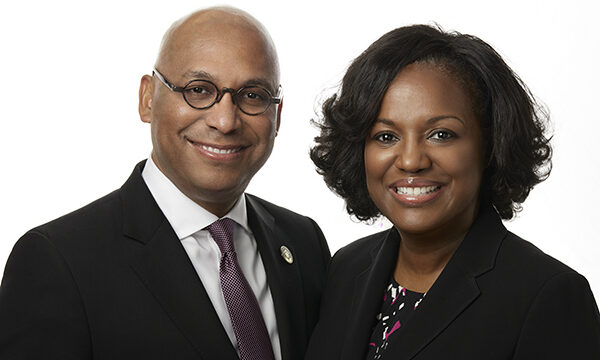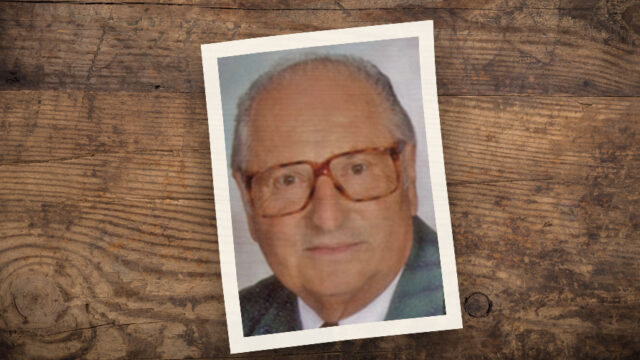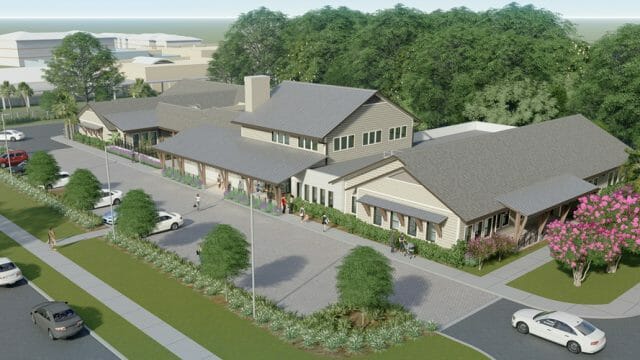A church leader in Asia reflects on the importance of discussing and praying together.
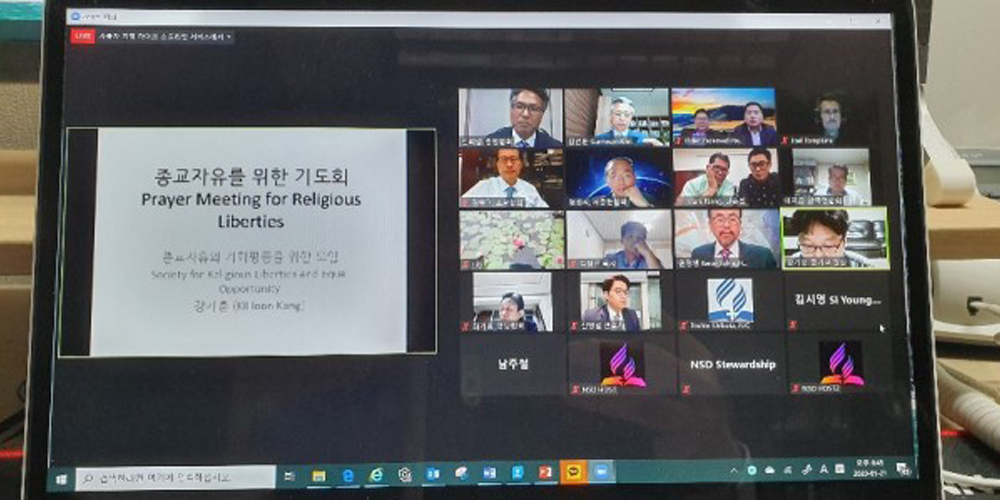
In 2020, COVID-19 has changed the world drastically, and also almost every aspect of our individual lives.
In South Korea, children have not been to school since last Christmas. Most Seventh-day Adventist churches, which had stopped offering face-to-face services for almost two months, have now resumed by offering simplified services. Even though worship services were provided online, other church activities, such as evangelistic meetings, Pathfinder activities, pastoral home visitations, and various fellowship meetings among church members have not been possible for a long time.
What makes us more concerned is the high possibility, as many specialists are foretelling, that we may not go back to our past normal lives. That means it may not be wise just to wait helplessly for the pandemic to end. We must find alternatives, other ways to carry out our ministries, because the urgency of God’s mission entrusted to us has not diminished or disappeared. Rather, the importance of our mission has become more significant in this critical situation than in times of peace.
Religious Liberty Contributions
As I was thinking about what contribution my department of Public Affairs and Religious Liberty (PARL) of the Northern Asia-Pacific Division (NSD) could make, Kwon JohngHaeng, who was coordinating a prayer series for regional missionaries, approached me and suggested having a prayer meeting for religious liberty. I found it a wonderful idea.
I invited the PARL directors of the Korean Union Conference (KUC), the Japan Union Conference (JUC), the Taiwan Conference (TWC), and the Mongolia Mission (MM) to participate. They were each given five to seven minutes to give a presentation on a religious freedom issue in their country and share their prayer requests.
I also asked all directors of the entities to invite one co-worker in their PARL ministries so that all the issues discussed at the meeting could be shared with at least one person involved. I also invited the directors of the five local conferences under the KUC, asking them to pray for the prayer requests given by the presenters.
Ki Hoon Kang, a representative of the Society of Religious Freedom and Equal Opportunity, had taken the lead in the legal process for church member Ji Man Han’s Saturday (Sabbath) accommodation case over the past two years. In the same vein, Myung Cheol Shin, an attorney who represented Han, was invited to give a brief testimony. Some of the NSD officers and directors and a staff member participated in the prayer meeting. Most importantly, four translators took part to provide efficient communication among attendees.
NSD president Si Young Kim opened the meeting with fervent prayer. Then we introduced our guest speakers.
Sabbath Exams and Religious Accommodation
First came Toshio Shibata, JUC PARL director, who reported on religious statistics in Japan to show the Adventist Church’s status in Japanese society. He shared some pending religious liberty issues, such as having university entrance exams and medical qualification exams on Saturday (Sabbath) and having school make-up classes on Saturday because of the coronavirus situation.
Taiwan has similar issues with Saturday exams. Since the Adventist Church is small in the country of Taiwan, our appeals were not significantly heard compared to other Christian churches. TWC PARL director Mark Tseng also asked for prayers for Taiwan Adventist Academy.
Nyamdavaa Dovchinsuren, from the MM, asked for special prayers for Adventist churches to get government certificates. Recently, the Mongolian government has placed severe restrictions on Christian churches. There was also a prayer request for Mongolian Adventist youth in military service to be able to keep the Saturday Sabbath.
The KUC shared several recent issues, including various kinds of Saturday exams and the Alternative Service Bill for military services. Middle school and high school graduation qualification national tests are scheduled on Saturday (Sabbath) twice this year. Ji Choon Lee asked for a special prayer for our appeal to be granted by the government. Kang appealed for corporate prayers for religious accommodation for Saturday Sabbath observers to be systematically recognized and protected by the legislators, judiciary, and government administrators. He also requested prayers that all those involved will experience God’s grace and grow in faith through this process.
Advocating Freedom of Conscience
I understand the reason why God allows His people to go through difficulties. He permits trials for His people to stand firm in the faith, advocating their freedom of conscience. This is also why we need to continue to pray for our church members in tribulation.
The Online Prayer Meeting for Religious Liberty was a wonderful time to reflect and pray. We feel we took the first step for Religious Liberty ministries in times of a pandemic. I believe that God will lead us in every step when we go forward as agents for His freedom until Jesus comes.
The original version of this commentary was posted on the Northern Asia-Pacific Division news site.


